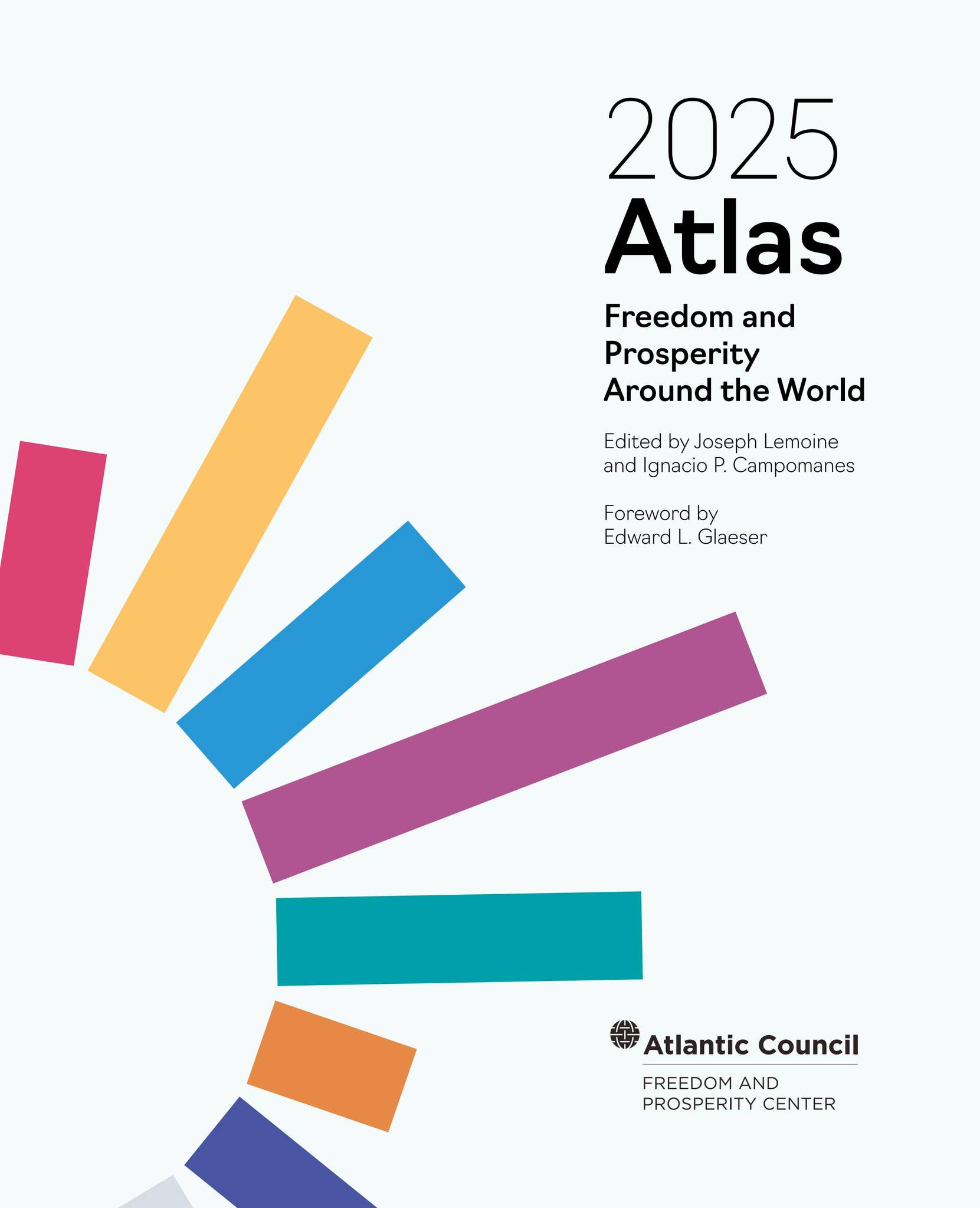As Nigeria pursues sustainable growth, integrating climate action directly into policies shaping industry, trade and investment has become essential. The Federal Ministry of Industry, Trade & Investment (FMITI) is increasingly aligning its regulatory, strategic and economic levers with Nigeria’s climate commitments—aiming to turn environmental responsibility into a driver of innovation and resilience.
FMITI’s Emerging Role in Nigeria’s Climate Agenda
Traditionally focused on economic diversification and trade expansion, FMITI is now positioned at the nexus of Nigeria’s just transition. Its mandate includes facilitating industrial growth, expanding exports, supporting MSMEs, and regulating investment—all within a context that must now incorporate climate‑smart practices. With the Ministry’s Permanent Secretary, Nura Rimi (now Nura Abba Rimi), articulating plans around carbon markets and green investment, the institutional shift is clear
Carbon Market Activation & Climate Fund Integration
FMITI has a central role in implementing Nigeria’s Carbon Market Activation Policy (NCMAP), designed to unlock between USD 736 million and USD 2.5 billion by 2030 and produce as many as 2.3 million green jobs : The ministry will provide incentives, streamlined permits, and compliance support to make industrial actors climate‑compliant, integrating carbon credit mechanisms and international Article 6 frameworks.
Simultaneously, Nigeria’s Climate Change Fund (established under the Climate Change Act 2021) is being activated, with FMITI coordinating project pipelines in partnership with the National Council on Climate Change (NCCC) and finance entities like NSIA, BOI, and DBN
Trade Policy as a Catalyst for Green Industrialization
According to business and policy analysts, trade instruments such as tariff adjustments, ESG-aligned export regulations, and carbon pricing could steer manufacturing and trade toward low‑carbon goods and services
- Green Value Chains: Encouraging circular economy practices, responsible sourcing, and export diversification beyond fossil fuels.
- Green Bonds & ESG Standards: Promoting financing instruments to fund clean‑tech and rewarding corporations with clear sustainability credentials
- Environmental Reporting Mandates: Nigeria now requires companies to disclose climate-related practices in annual financial reports by 2027 (2030 for small businesses), reinforcing transparency and compliance .
- Oil Sector Decarbonisation: From 2025, oil licensing applicants must demonstrate low carbon emissions and propose renewable energy integration, aligning upstream operations with national net‑zero goals by 2060
Institutional Coordination and Capacity Building
Effective climate mainstreaming requires knowledge, inter-ministerial cooperation, and stakeholder engagement. FMITI is working to build internal capacity, partner with NGOs and research institutions, and establish continuous dialogue with trade and industry players to foster climate literacy and commitment
Modeling after South Africa’s Department of Trade, Industry & Competition, lessons include deploying targeted EV incentives, cleaner manufacturing protocols, and inter-agency coordination for carbon budgeting and climate finance mobilization . Nigeria’s FMITI is exploring adaptation of these frameworks to strengthen its own climate-aligned investment ecosystem.
Policy Levers and Strategic Tools
Key policy instruments being deployed or under formulation include:
- Climate-aligned Investment Incentives: Tax relief, customs exemptions, export credits tied to low‑carbon operations in partnership with NIPC and investment promotion agencies :
- Public-Private Partnerships (PPPs): Cooperative models combining government resources, private innovation, and NGO insights to launch climate-smart industrial projects.
- Trade Facilitation Digitization: Aligning with AfCFTA protocols and digital trade initiatives to simplify eco-conscious export compliance and reduce emissions embedded in logistics
- MSME Empowerment: Supporting small and green enterprises via financing clusters, formalisation schemes, training via the Industrial Training Fund, and promoting eco‑industry clusters
Expected Impact & Economic Benefits
Aligning FMITI’s strategy with climate goals offers multiple outcomes:
- Green Jobs Generation: Between 600,000 and 2.3 million new employment opportunities in clean energy, sustainable agriculture, forestry, carbon services and circular manufacturing sectors
- Expanded Green Finance Access: Platforms like the Nigerian Climate Investment Platform aim to channel up to $500 million into climate infrastructure, clean energy, and resiliency projects
- Export Diversification: With new trade instruments Nigeria can shift from oil dependency to manufacturing renewable energy devices, agro‑products, and value‑added goods tailored to eco‑markets.
- Improved Investor Confidence: Transparent ESG reporting, regulatory clarity, and an operational carbon market will help attract global capital and strategic partnerships
Challenges and Strategic Considerations
Despite strong ambition, FMITI must address several obstacles:
- Regulatory Enforcement: Ensuring policies translate into practice requires strong oversight, monitoring frameworks and cross-sector enforcement :contentReference[oaicite:16]{index=16}.
- Institutional Capacity: Skilled personnel and climate policy expertise are needed across FMITI and partner agencies.
- Access to Baseline Data: Reliable emissions, trade and investment data are crucial for carbon budgeting and policy impact assessment.
- Financing Gaps: While Nigerian strategy platforms seek billions in climate funds, execution depends on aligning national budgets, donor coordination and private sector participation.
- SME and Informal Sector Inclusion: Many small businesses may lack awareness or resources to meet ESG reporting deadlines or benefit from incentive schemes.
General Conclusion
Integrating climate action into Nigeria’s Federal Ministry of Industry, Trade & Investment represents a strategic transformation in policymaking. By embedding carbon market frameworks, ESG reporting mandates, trade‑policy incentives, capacity‑building initiatives, and PPP models into its core mandate, FMITI is positioning itself as a leader in climate-aligned industrial growth.
This shift is aligned with Nigeria’s broader national commitments—including its Climate Change Act 2021, Energy Transition Plan, and net‑zero by 2060 pledge—and aligns with global trends in sustainable trade and green finance. The benefits are significant: green jobs, export diversification, investment inflows, and stronger resilience in the face of climate shocks.
However, success hinges on robust implementation: accountability mechanisms, adequate funding, stakeholder inclusiveness and effective enforcement. If Nigeria can overcome these hurdles, FMITI’s mainstreaming of climate action could serve as a blueprint for how trade and industry ministries across Africa can help lead the continent’s green transition and sustainable economic future.
for more news visit our website africaciviclens.com




